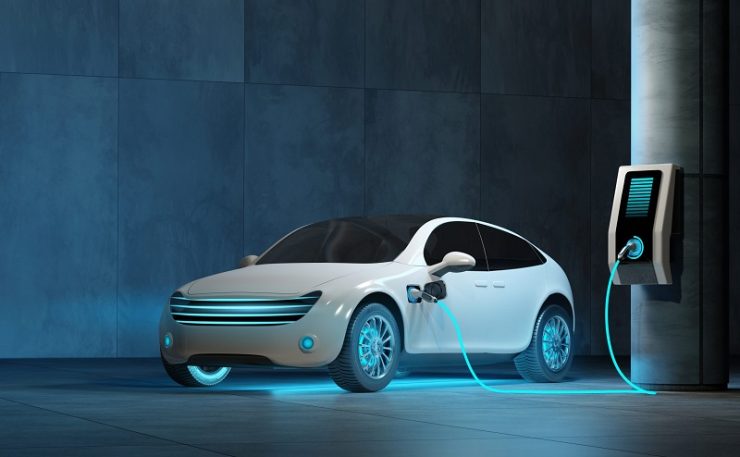INDONESIAN Minister of Energy and Mineral Resources Arifin Tasrif highlighted the importance of ASEAN becoming an industrial center for the global production of electric vehicles to support the achievement of carbon neutrality in 2050-2060.
“We must work hard to boost the electric vehicle industry and make ASEAN a global production center,” he stated while virtually attending the East Asia Energy Forum in Nusa Dua, Bali, Monday (8/21).
According to the International Energy Agency (IEA) in its fifth edition outlook, energy demand in ASEAN is expected to grow three percent by 2030, of which three-quarters of that demand uses fossil fuels. As a result, carbon emissions in the region are expected to grow by up to 35% from 2020.
Hence, Tasrif remarked that at the 42nd ASEAN Summit 2023 in Labuan Bajo, East Nusa Tenggara (NTT), ASEAN countries had agreed to use electric vehicles in a bid to reduce greenhouse gas emissions and decarbonize the land transportation sector.
To this end, the minister stated that technology is an important key in the energy transition to achieve carbon neutrality.
“We must strengthen partnerships to produce more variety of technology, open access to technology, and create equal access to reach technology and its financing,” he remarked.
On the other hand, in order to support carbon neutrality, other efforts apart from producing electric vehicles are also deemed necessary, including certification of buildings that implements environmentally friendly and energy-efficient efforts.
Other endeavors encompass energy efficiency in the industrial sector through electronification, for instance, the steel industry to cement, Tasrif noted.
In addition, he emphasized the need to use environmentally friendly fuels, including biofuels, gas, and hydrogen, for big vehicles, such as buses and trucks.
Moreover, Tasrif outlined Indonesia’s achievements in 2022, namely in the energy sector that was able to reduce greenhouse gas emissions by up to 91.5 million tons of CO2 equivalent, or exceeding the target of 91 million tons of CO2 equivalent.
Meanwhile, Tasrif remarked that energy efficiency contributed 22%, or equal to 20.5 million tons of CO2 equivalent. In 2023, Indonesia targets to reduce greenhouse gas emissions by 116 million tons of CO2 equivalent and 142 million tons of CO2 equivalent in the next year. [antaranews/photo special]
















